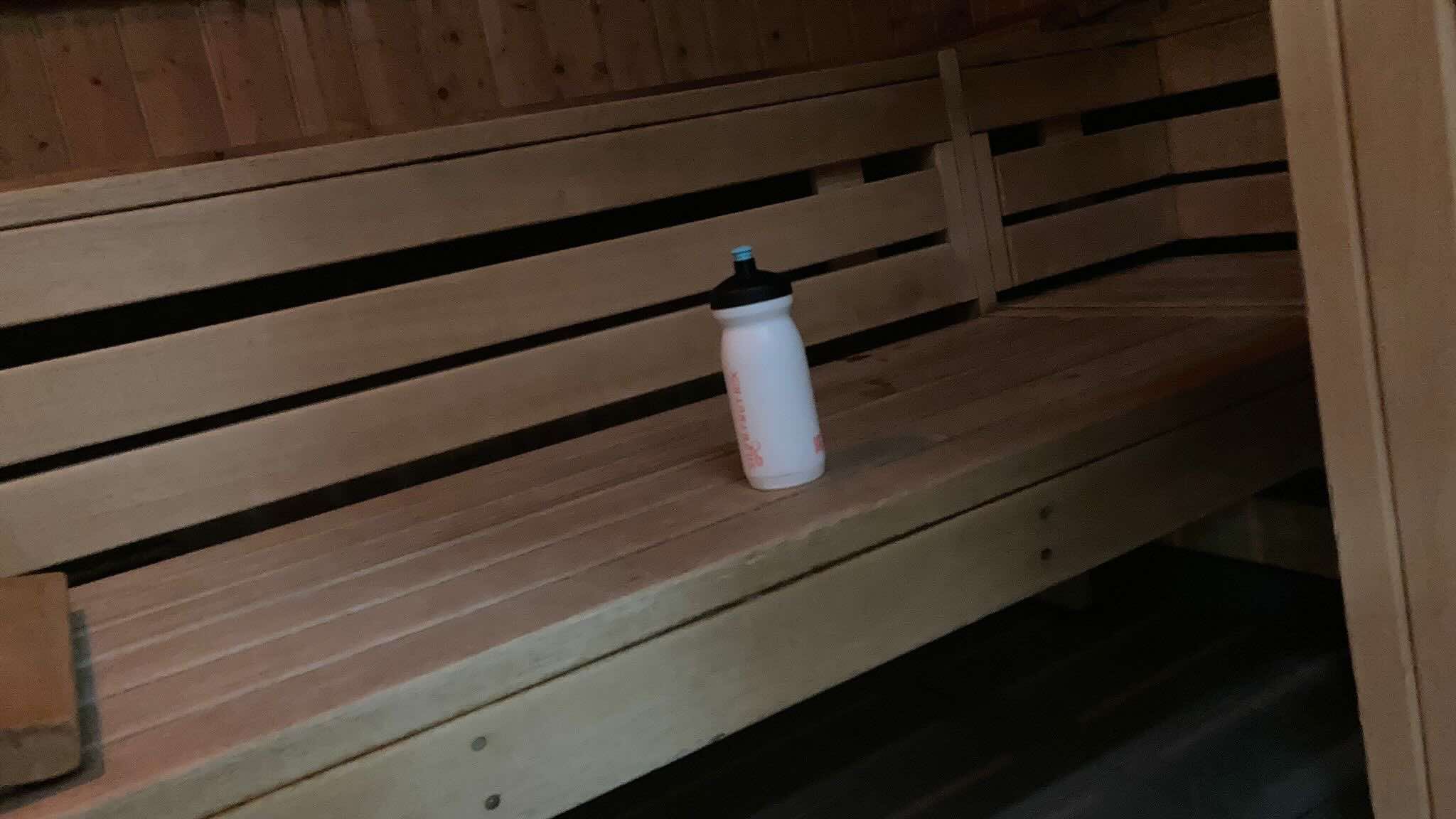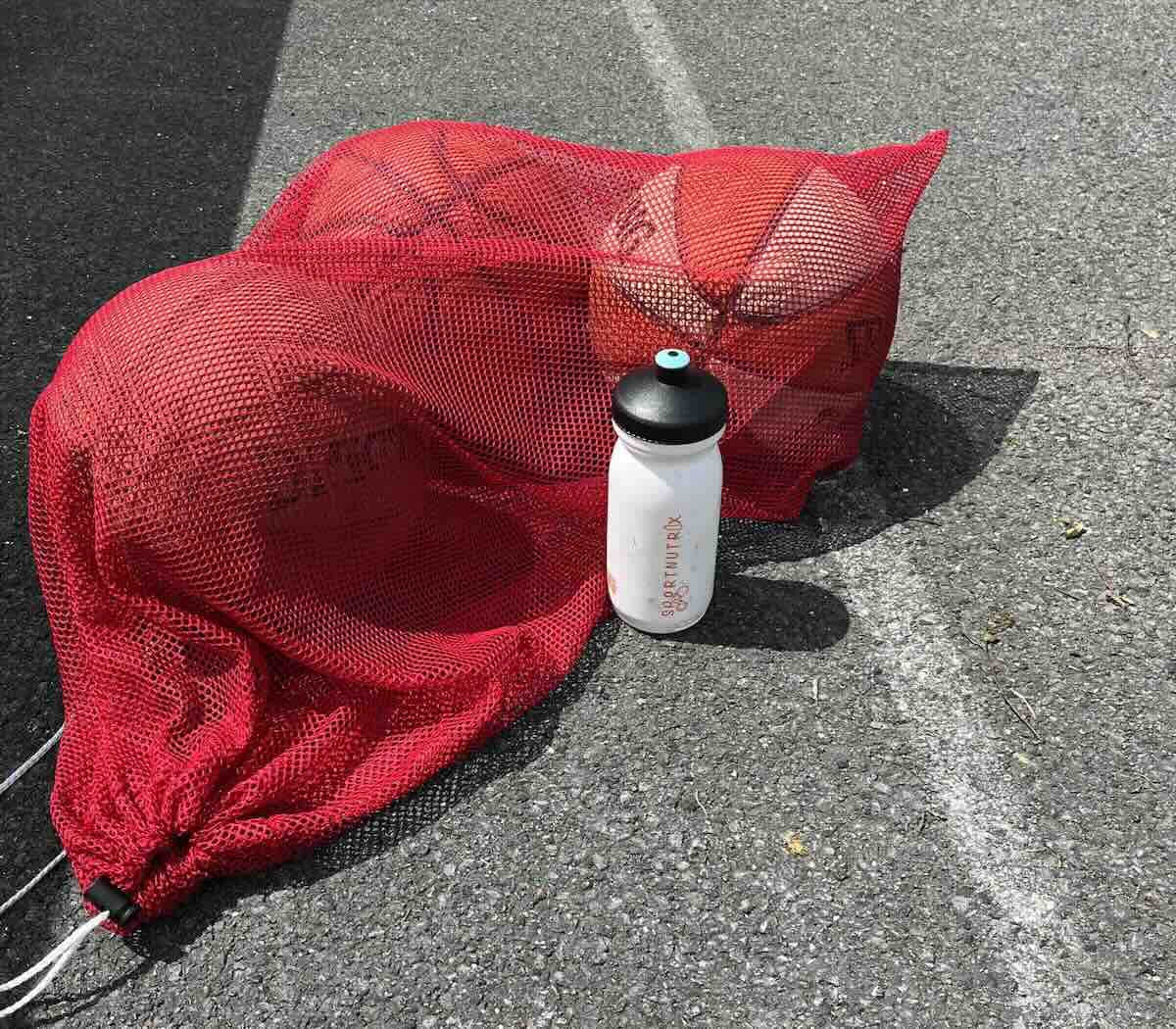


Grab a protein shake after training and with that recovery is off the list? It's too easy to think it that way. Complete recovery involves many more aspects and takes much longer, especially after intensive or long training. Of note, there are many factors that influence how long the body needs to fully recover after exercise. Many mistakes can also mean that it takes a particularly long time for the body to fully recover after a tough competition or strenuous training.
Protein after training is too minimalistic as recovery strategy
Good, personalized strategies help to successfully support regeneration. Nutrient supply and distribution (timing) influence how quickly the body recovers. Protein is just one part of a successful recovery strategy. Indeed, several aspects of training already play a role in how long the subsequent regeneration takes. In fact, mistakes occur over and over again during training, which unnecessarily extends our recovery time. Here are a few examples in detail.
1. Low carbohydrate intake post-exercise
Carbohydrates are essential to replenish muscle and liver glycogen stores.
Mistake: low overall intake or eating too late after training.
Result: delayed glycogen synthesis, less energy for repair, poorer performance during the next workout.
2. Too little protein
Protein is necessary for recovery and muscle growth.
Mistake: insufficient amounts of protein or poor sources of protein.
Result: longer recovery time and fewer adjustment effects.
3. Inadequate daily energy and carbohydrate intake (Low energy availability)
Athletes who eat too few calories (for weight loss, for example) have been shown to extend recovery time.
Result: hormonal disturbances, poor glycogen resynthesis, increased risk of injury.
4. Inadequate fluid and electrolyte supply
Just 2% dehydration impairs performance, circulation and thermoregulatory processes. If there is a significant loss of fluid, electrolyte balances (especially sodium) must also be rebalanced.
Mistake: drinking too little or just water without sodium (salt).
Result: delayed rehydration, poorer muscle function, slower regeneration.

5. Bad sleep
Sleep is the most powerful regeneration factor.
Mistakes: not getting enough sleep, irregular hours, caffeine, or screen use late in the evening.
Result: hormonal changes, poorer cell repair, impaired immune function, higher risk of injury.
6. Alcohol consumption after a workout
Excessive alcohol intake inhibits muscle protein synthesis, glycogen replenishment, and sleep quality. Extensive alcohol consumption usually changes the intake of nutrients (composition of ingested calories) in an unfavorable manner.
Result: longer recovery time and worse adjustments.
7. Wrong timing of nutrient intake
A rapid supply of carbohydrates is important for optimal regeneration and, in particular, replenishment of glycogen stores. The distribution of meals and snacks throughout the day can promote rapid recovery.
Error: long periods of fasting after stress, especially with multiple units per day.
Result: missed “window of opportunity” for rapid glycogen synthesis, less efficient recovery.
Not unimportant for athletes: the meal after intense competitions. Highly processed, high-fat foods have an pro-inflammatory effect and tend to prolong the time needed for full recovery. When there's a tight competition schedule, quality therefore takes priority.
8. Inadequate micronutrient intake due to low nutritional quality or inadequate fruit and vegetable intake
A lack of omega-3 fatty acids, vitamin D, iron, or antioxidants impairs immune function, inflammation and healing processes.
Result: delayed regeneration, higher incidence of infection.
9. Inadequate carbohydrate supply during training
Carbohydrate intake during training minimizes fatigue, reduces the load on the immune system (inflammation levels; stress hormones) and slows down the emptying of glycogen stores.

Error: low carbohydrate intake (water for short or localized units)
Result: longer regeneration time due to stronger hormonal changes (concentration of stress hormones), increased inflammation levels and more significant emptying of glycogen stores.
10. Inadequate structure and supply with high training density
Athletes who complete multiple sessions per day need precise nutrition, sleep, and hydration strategies.
Mistake: unstructured dietary pattern between workouts and lack of energy and nutrients
Result: prolonged recovery time and reduced performance.
Conclusion
Although regeneration is strongly influenced by what happens after training, numerous other aspects could delay and have a negative impact on regeneration. The main mistakes that prolong the recovery time:
- Too little energy, carbohydrates or protein (energy deficit)
- Inadequate intake during training
- Bad sleep
- Dehydration
- Wrong timing
- Micronutrient deficiencies
- Exzessive alcohol consumption
- Lack of planning for multiple training sessions
Further reading:
Bonilla et al. (2020). The 4R's Framework of Nutritional Strategies for Post-Exercise Recovery: A Review with Emphasis on New Generation of Carbohydrates. Int J Environ Res Public Health. 2020 Dec 25; 18 (1) :103. Doi: 10.3390/ijerph18010103.
Burke et al. (2011) Carbohydrates for training and competition. Journal of Sports Sciences, 29 Suppl 1, S17-S27. doi.org/10.1080/02640414.2011.585473.
Díaz-Lara, J et al. (2024). Delaying post-exercise carbohydrate intake impairs next-day exercise capacity but not muscle glycogen or molecular responses. Acta physiologica (Oxford, England), 240(10), e14215. doi.org/10.1111/apha.14215.
Halson (2014). Sleep in Elite Athletes and Nutritional Interventions to Enhance Sleep. Sports Medicine, 44 Suppl 1(Suppl 1), S13-S23. doi.org: 10.1007/s40279-014-0147-0.
Naderi et al. (2025). Nutritional Strategies to Improve Post-Exercise Recovery and Subsequent Exercise Performance: A Narrative Review. Sports Med, Jul, 55, 1559-1577. Doi: 10.1007/s40279-025-02213-6.
Witard et al. (2025). Protein Nutrition for Endurance Athletes: A Metabolic Focus on Promoting Recovery and Training Adaptation. Sports Medicine, 55(6), 1361—1376. doi.org 10.1007/s40279-025-02203-8.
Hungry for more knowledge?


